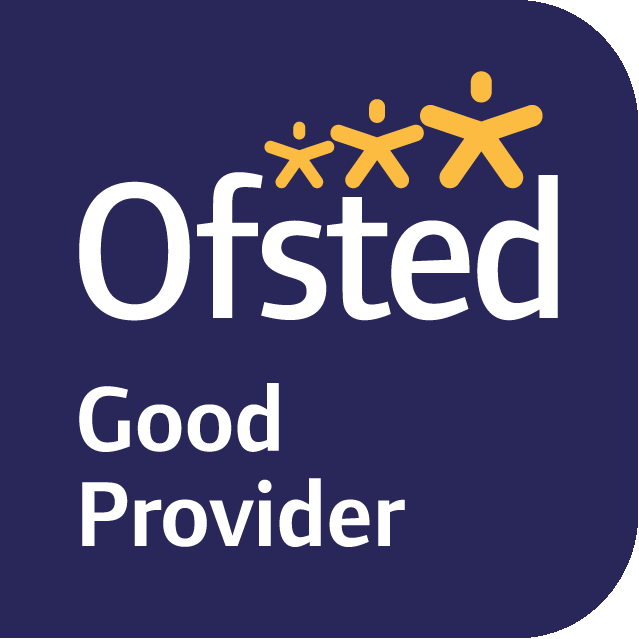
Our school's approach to the curriculum
Years 1 – 6
English
English, as a core subject, is a hugely important part of the curriculum at Jervoise; we recognise the importance of speaking and listening, reading and writing in enabling all children to have a bright and successful future. High quality texts that are varied and exciting to read are the basis for English lessons, these texts have been carefully selected to ensure that they engage all pupils no matter gender, cultural background or ability. Using these texts, teachers and senior leaders plan ‘learning journeys’ that include three fun stages of learning.
The first of these is ‘immersion’, where activities are designed to immerse children in the text and develop their speaking and listening skills, alongside side reading comprehension; this stage often involves: extracting vocabulary, debates, role play, hot seating, incidental writing, creative tasks and discussions around characters, settings and plot.
The second stage of planning is ‘rehearse’; all activities within the ‘rehearse’ phase are taught through the context of their class book to support understanding and maintain continued high levels of engagement. During this phase, children are taught the knowledge and skills needed to be able to write in the style of a chosen genre, this will often include developing understanding of: sentence structures, vocabulary, punctuation, spelling and grammar.
The final phase of planning is ‘create’, where children plan, write, edit and check and publish their piece of work. This phase enables all children to apply everything that they have been learning during the course of their ‘journey’. Children are always given an audience and purpose for writing, heightening engagement.
Reading at Jervoise, is heavily linked to the writing curriculum and we see both as intrinsically linked; in addition to the core texts in the primary English lessons, we also have daily guided reading sessions. These sessions are carefully prepared with the acquisition of new vocabulary and reading skills being the primary focus. Teachers track the coverage of taught reading content domains to ensure children become skilled readers. We firmly believe that Jervoise is a ‘reading school’ where all staff foster a love of reading and the importance of becoming a reader. Sessions combine a mixture of whole class, independent and guided activities, which enable all children to share ideas and discuss key points, whilst allowing teachers to carefully question children to develop their understanding.
In Key Stage One and Early Years, phonics sessions are also taught daily to enable all pupils, at a young age, to develop and embed good decoding skills. We believe this gives our children the best start in developing a love of reading for years to come.
Mathematics
Mathematics at Jervoise, is carefully structured, fun and challenging. Teachers use a mixture of bronze, silver and gold tasks to encourage children to challenge themselves and aspire to achieve. All children are able to work through tasks at their ability level and are actively encouraged to aim for gold. Teachers plan bronze, silver and gold tasks for fluency, reasoning and problem solving; once children are fluent in a skill, they are actively moved on to work with reasoning and problem solving tasks. Teachers, where necessary, will directly teach pupils how to reason and problem solve using the knowledge that they have acquired during fluency sessions.
As a school, we recognise the importance of concrete apparatus and pictorial representations, across all year groups, to support children in securing knowledge and understanding of newly taught concepts, this can include the use of Numicon, Dienes cubes and bar models.
Recognising the importance of number skills when accessing all of the mathematics curriculum, all children in years one to six have an additional arithmetic lesson each week - on top of their daily maths - where they consolidate, revisit and secure knowledge of both new and previously taught skills.
Wider Curriculum
Each subject within our wider curriculum has a carefully thought out journey of progression. This progression encompasses the knowledge, skills and key concepts that relate to each subject and unit being studied. Content within the school’s curriculum is taken directly from the national expectations, set out in The National Curriculum (2014). This content is carefully sequenced to ensure that prior knowledge is taught and embedded before moving on. Each unit clearly references, where in the curriculum journey’s previous learning, related content has been taught (this also incorporates learning from other disciplines), so that teachers can skilfully revisit and consolidate past learning before moving on. At the beginning of each unit, children are assessed on their understanding of the key concepts they will be covering; by doing this, teachers can carefully adapt planning to the needs of pupils. Once the teaching sequence has been completed, the children are again assessed on the key concepts to identify progress and areas of learning that need further consolidation. Children are also given a deeper thinking assessment, that is open ended and relies on the children drawing on the knowledge acquired in the lessons from the unit; teachers have flexibility in strategies for recording this assessment, so that other areas of learning are not a barrier to a child expressing their understanding in the subject discipline being studied. Each subject has a rationale and curriculum route, that clearly lays out the reasoning behind the sequencing of content.
PSHE
Jigsaw forms an integral part of our curriculum at Jervoise, supporting children to develop their awareness of social issues, British Values and self-awareness. The programme enables teachers and pupils to explore a wide range of topics in a safe and caring environment. We are proud to also be a Rights Respecting School, in conjunction with UNICEF. Children are encouraged to understand their rights, along with responsibilities. Our pupil’s voices are represented and sought through our School Council and Safeguarding Board, which is made up of children from across all year groups – their views and opinions are listened to and carefully considered when developing all aspects of the school.


